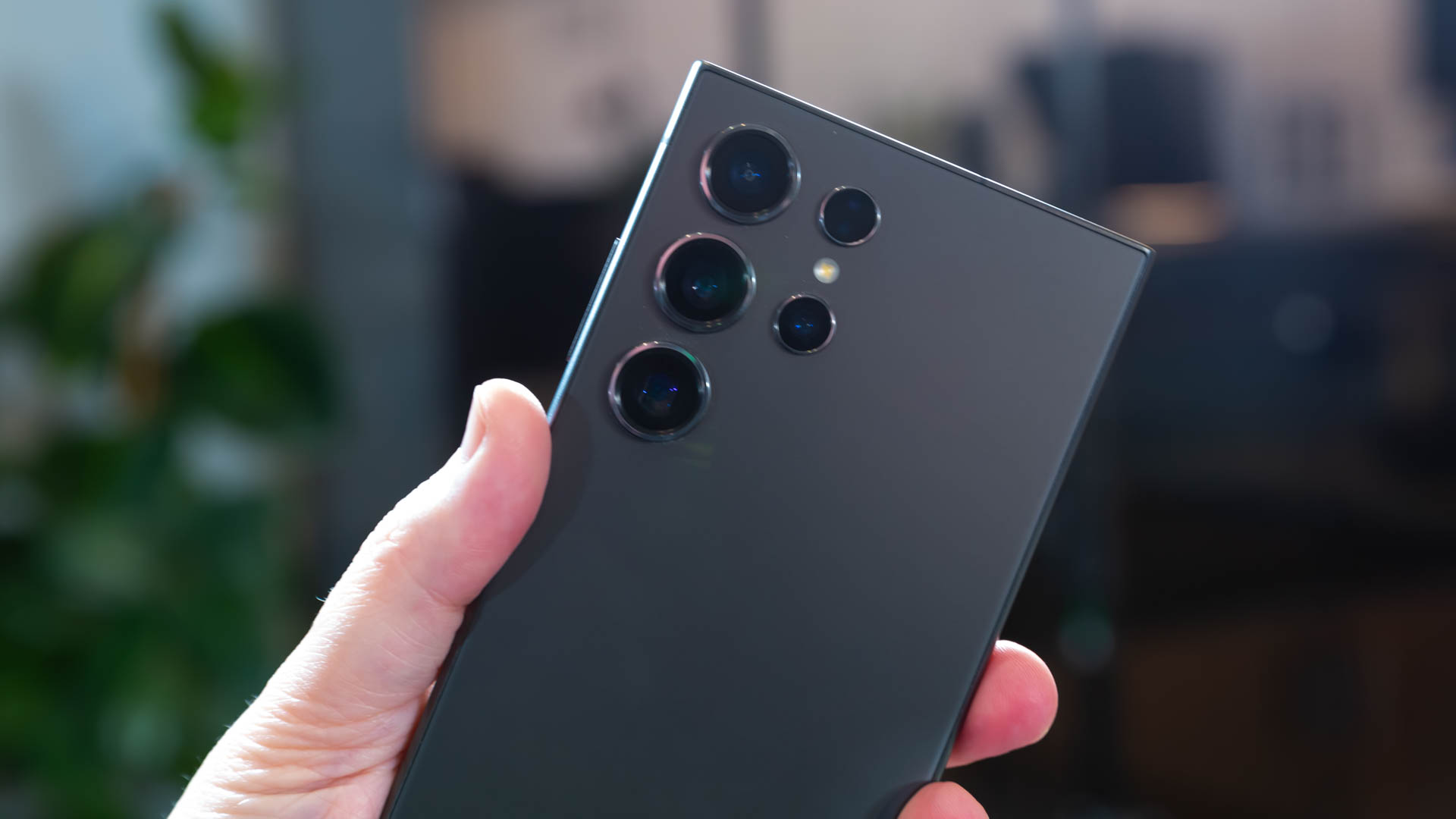Android phone prices could soon soar for just one reason
Price of the brick goin' up


Quick summary
Android phones might get a little pricier at the top-end.
This is because the next-gen Snapdragon 8 Gen 4 chip is seemingly going to cost a chunk more than its predecessor.
For years, Android stood as a more affordable way to get cutting-edge features than sticking with the latest iPhone, but it's fair to say that gap has either closed or disappeared.
Flagship Android phones rival or even eclipse Apple's pricing all the time, for all that they bring the sort of new features that enthusiasts dream of, from hyper-zoom cameras to AI integrations. Now, though, they might be about to take another little jump in price, if reports are to be believed.
As reported by Android Authority, a Chinese leaker has indicated that the Qualcomm Snapdragon 8 Gen 4, a chip that you'd expect to power quite a few top-end Androids over the next 18 months or more, might jump in price by 20% compared to the Gen 3.
That doesn't come completely out of the blue, since Qualcomm said that it expects the chip to be more expensive at its own summit recently, but the margin of increase is still a little off-putting. If it's accurate, it's hard to avoid the idea that this could knock on into increased prices for phones that use it.
It's not just the Snapdragon, neither – a similar margin is apparently on the cards for the MediaTek Dimensity 9400 too, with the jump coming because of the increased costs of the 3nm manufacturing process.
To add to all that, this also lines up with noises coming from seasoned analyst Ming Chi-Kuo, who reported earlier this year that a rise of 20-30% in price was very possible, if not likely. This leaves two avenues before major phone makers that use Qualcomm's chips, of course.
One is the simple price rise that would keep them on the bleeding edge but pass on the cost to users. The other is to find ways to downgrade or cut costs in other areas, whether that means components or materials, to keep the price flat while accounting for the chip.
Get all the latest news, reviews, deals and buying guides on gorgeous tech, home and active products from the T3 experts
We have no way of knowing what approach will be most popular, but it certainly looks possible that Android flagships might get more expensive as a result.

Max is T3's Staff Writer for the Tech section – with years of experience reporting on tech and entertainment. He's also a gaming expert, both with the games themselves and in testing accessories and consoles, having previously flexed that expertise at Pocket-lint as a features editor.